Are you looking for free things to do in Rio de Janeiro? These are the best places to visit:

Royal Portuguese Reading Room
Rio de JaneiroThe Royal Portuguese Cabinet of Reading, a library and lusophone cultural institution, is situated at Luís de Camões Street, number 30, in the heart of Rio de Janeiro, Brazil. This location makes it easily accessible for tourists visiting the city center.
Sambadrome Marquês de Sapucaí
Rio de JaneiroThe Sambodrome Marquês de Sapucaí, also known as Sambódromo da Marquês de Sapucaí or simply 'sambodrome', is a significant location in Rio de Janeiro, Brazil. This avenue, surrounded by grandstands, is the venue for the parade of the best samba schools during the city's famous Carnival. It's a vibrant and lively place where the spirit of the Carnival comes alive, with samba schools showcasing their talent and creativity.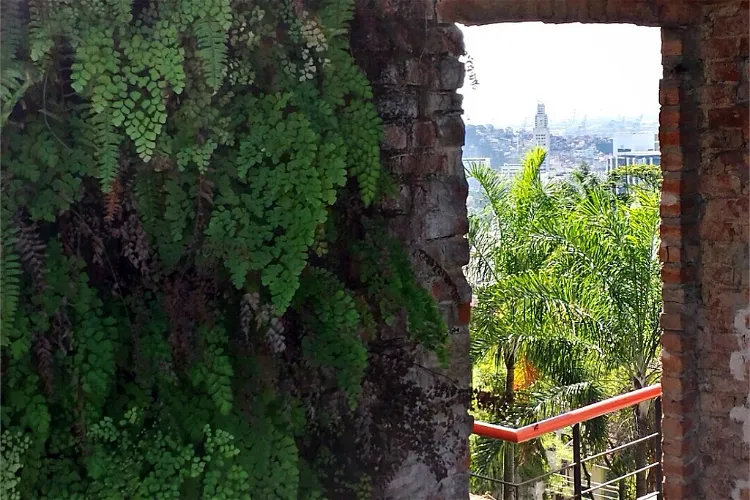
Ruins Park
Rio de JaneiroThe Municipal Cultural Center Parque Glória Maria, previously known as the Municipal Cultural Center Parque das Ruínas, is a public park and cultural center situated in the Santa Teresa neighborhood of Rio de Janeiro, Brazil. This location is steeped in history and offers a unique blend of cultural and natural attractions. It is located in the ruins of a building that was once the home of Laurinda Santos Lobo, a prominent socialite of the Belle Époque era in Rio.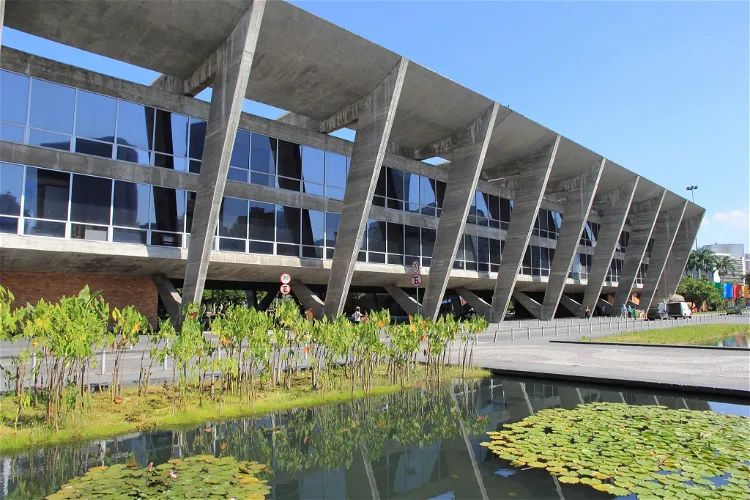
Museum of Modern Art
Rio de JaneiroThe Museum of Modern Art in Rio de Janeiro, also known as MAM, is recognized as one of the most significant cultural institutions in Brazil. Its reputation stems from its rich history, diverse collection, and its role in the Brazilian art scene.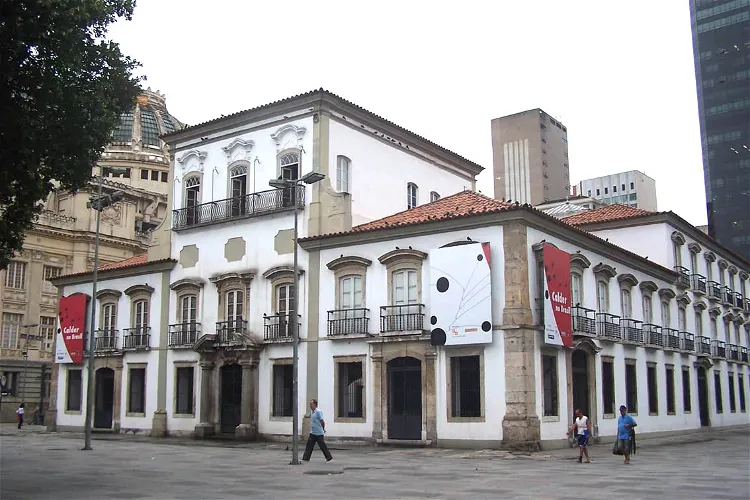
Imperial Palace
Rio de JaneiroThe Imperial Palace, also known as Paço Imperial, is a significant historical site located in the heart of Rio de Janeiro, Brazil. This Baroque colonial building stands as a testament to the city's rich history and architectural prowess. It was built in the 18th century and has served as the residence for governors, viceroys, King Juan VI, and emperors. Today, it is a cultural center, attracting visitors from around the world with its aesthetic appeal and historical significance.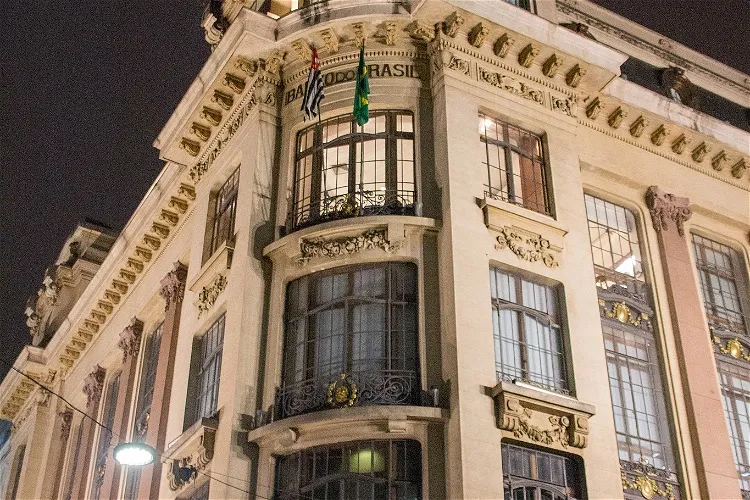
Bank of Brasil Cultural Center
Rio de Janeiro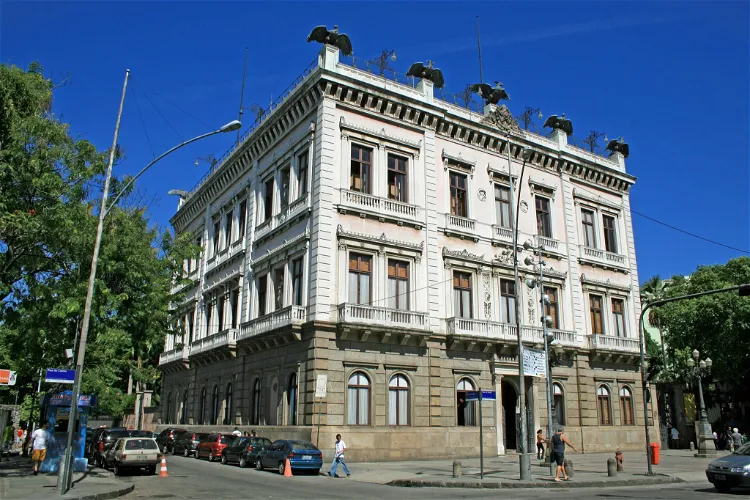
Republic Museum
Rio de JaneiroThe Catete Palace, an urban mansion located in the Flamengo neighborhood of Rio de Janeiro, is a significant historical site. The property spans from Rua do Catete to Praia do Flamengo. The construction of this grand mansion began in 1858 and was completed in 1867, making it a testament to the architectural prowess of the era.
National Museum of Fine Arts
Rio de JaneiroThe National Museum of Fine Arts (MNBA) is a national art museum situated in the vibrant city of Rio de Janeiro, Brazil. This museum is a significant cultural institution in Brazil and is renowned for its extensive collection of 19th-century paintings and sculptures.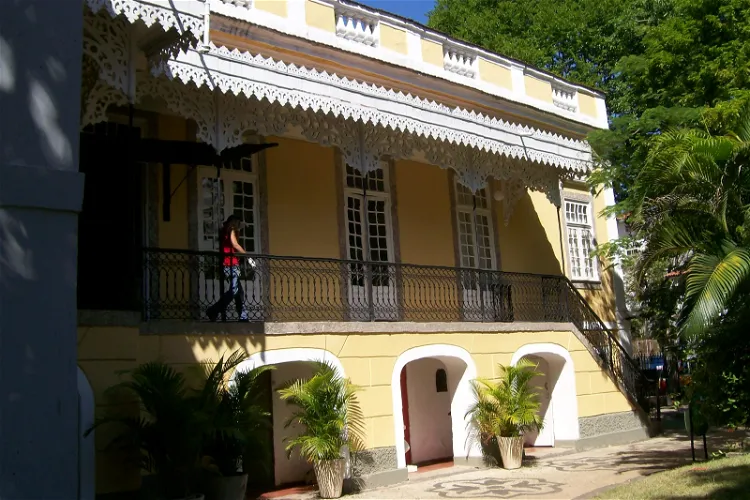
The Museum of the Indigenous Populations
Rio de JaneiroThe Museo del Indio, also known as the Museum of the Indian, is a public institution located in the city of Rio de Janeiro, Brazil. It is the only official institution in the country that is dedicated exclusively to the indigenous peoples of Brazil. This museum serves as a cultural and scientific agency of the National Indian Foundation and aims to promote a careful and updated image of the indigenous cause, while erasing negative prejudices and stereotypes in Brazilian society about these communities.
Casa do Pontal Museum
Rio de JaneiroThe Casa do Pontal Museum, located in Recreio dos Bandeirantes, Rio de Janeiro, is recognized as the most important museum of popular art in Brazil. It is a significant reference for both tourists and anthropologists not only in Brazil but around the world.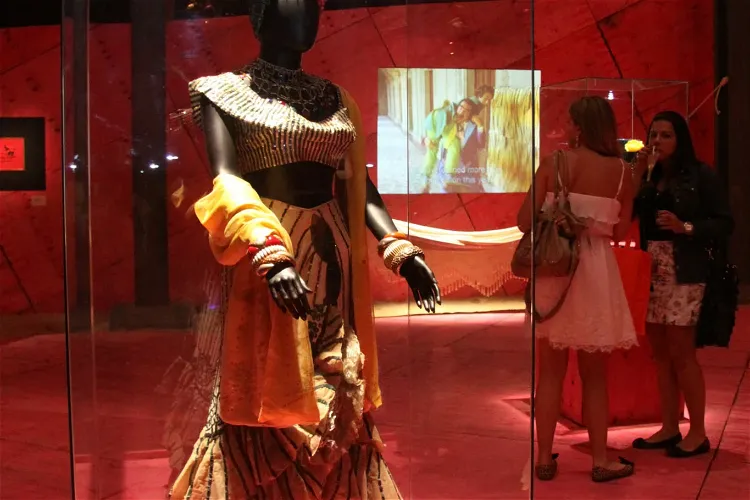
Carmen Miranda Museum
Rio de JaneiroThe Carmen Miranda Museum, situated in Eduardo Gomes Park, also known as Flamenco Park, is a tribute to the renowned singer and actress Carmen Miranda. The museum has been welcoming visitors since 1976, offering a unique insight into the life and career of this iconic figure.
Eva Klabin Foundation
Rio de JaneiroThe Eva Klabin House Museum, also known as Casa Museu Eva Klabin, is a historic house museum situated in the vibrant city of Rio de Janeiro, Brazil. The museum was founded in 1990 by the renowned Brazilian collector and philanthropist, Eva Klabin. The museum is housed in the residence where Klabin lived for over thirty years, making it a unique destination that combines personal history with an extensive art collection.
Museu Getúlio Vargas
Rio de JaneiroThe Getúlio Vargas Museum, also known as the Getúlio Vargas House Museum, is a significant cultural site located in the city of São Borja in Rio Grande do Sul. The museum is dedicated to preserving the residence of former president Getúlio Vargas, offering visitors a unique insight into the life and times of one of Brazil's most influential political figures.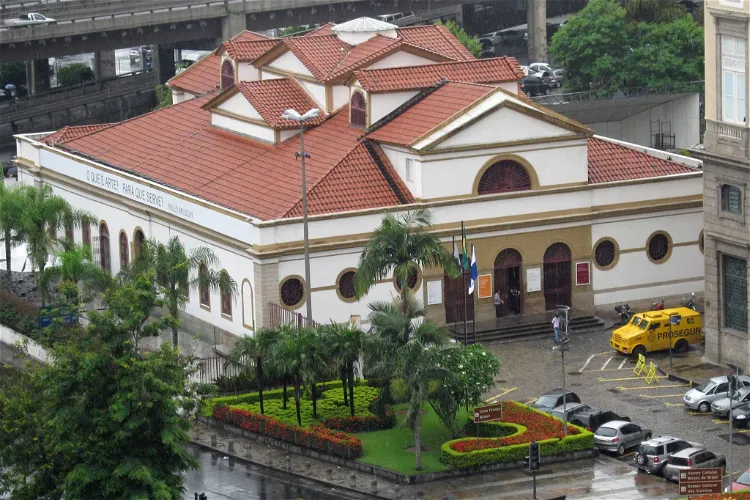
Casa França-Brasil
Rio de JaneiroCasa França-Brasil is a cultural center situated in the historic heart of Rio de Janeiro, Brazil. This historic property has been repurposed and now serves as a hub for cultural activities. It is a national cultural heritage site, recognized by the National Historical and Artistic Heritage Institute (IPHAN).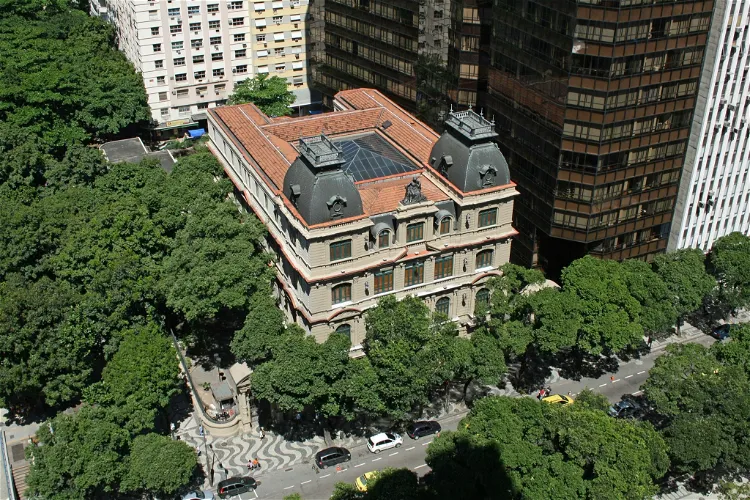
Federal Justice Cultural Center
Rio de JaneiroThe former home of the federal court has been transformed into a cultural centre - check out their exhibitions and events.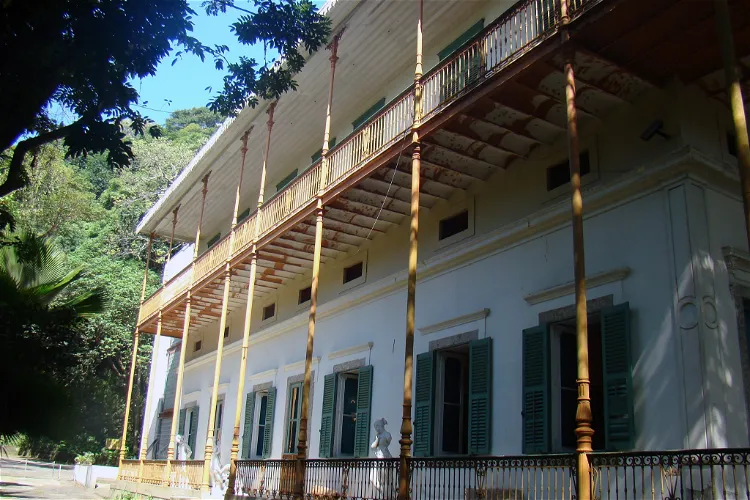
Museu Histórico da Cidade
Rio de JaneiroThe Museu Histórico da Cidade do Rio de Janeiro, also known as Museu da Cidade, is a museum located in Rio de Janeiro, Brazil. It was established in 1934 and is housed in a complex of several buildings, including two 19th-century structures dedicated to exhibitions. The museum complex is situated in the municipal natural park Parque da Cidade in the Gávea neighborhood.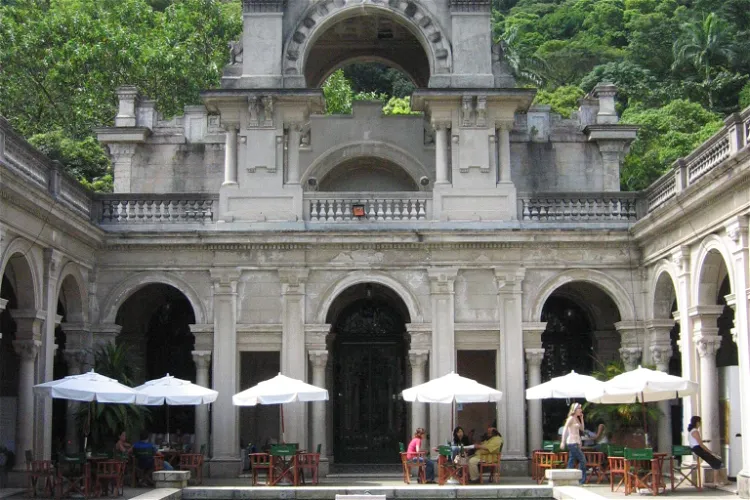
Parque Lage
Rio de JaneiroParque Lage, also known as El Parque Henrique Lage, is a public park situated in Rio de Janeiro. It is located at the foot of the Corcovado, on Jardín Botánico street. This location offers visitors a unique opportunity to enjoy the natural beauty of the park while being in close proximity to the city's attractions.- 18
The Edison Carneiro Folklore Museum
Rio de JaneiroA spectacular collection of Brazilian folk art - and that doesn't mean just elaborated costumes, but also mechanical sceneries. 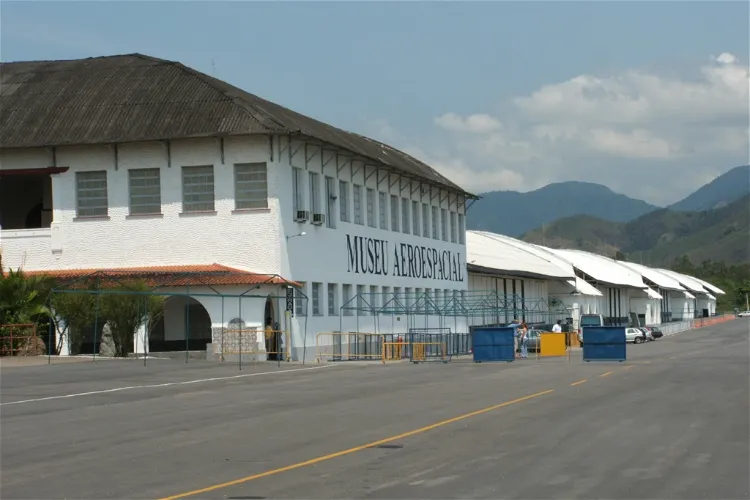
Museu Aeroespacial
Rio de JaneiroThe Museu Aeroespacial - MUSAL, located in Campo dos Afonsos, the birthplace of Brazilian aviation, in the city of Rio de Janeiro, is the largest and most important aviation museum in Brazil. It offers a unique opportunity to explore the history and development of aviation in Brazil.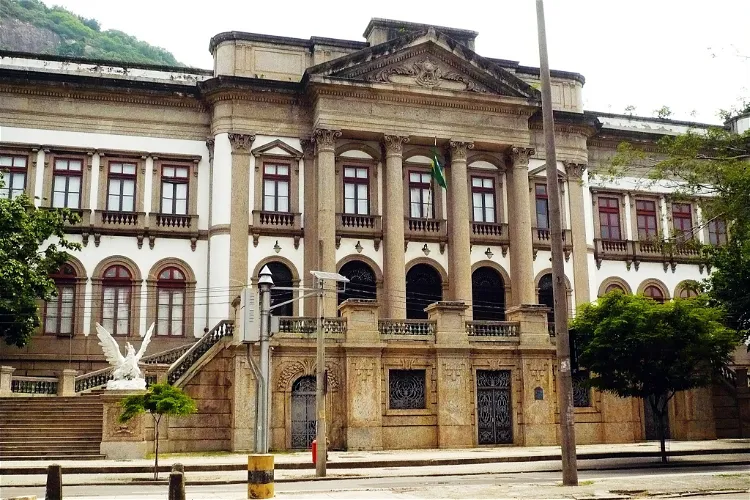
Earth Sciences Museum
Rio de JaneiroThe Earth Sciences Museum, located at 404 Pasteur Avenue in the Urca neighborhood of Rio de Janeiro, Brazil, is a renowned institution dedicated to the fields of geology and paleontology. It offers a unique opportunity for visitors to delve into the fascinating world of earth sciences, with a vast collection of exhibits that span across various aspects of these disciplines.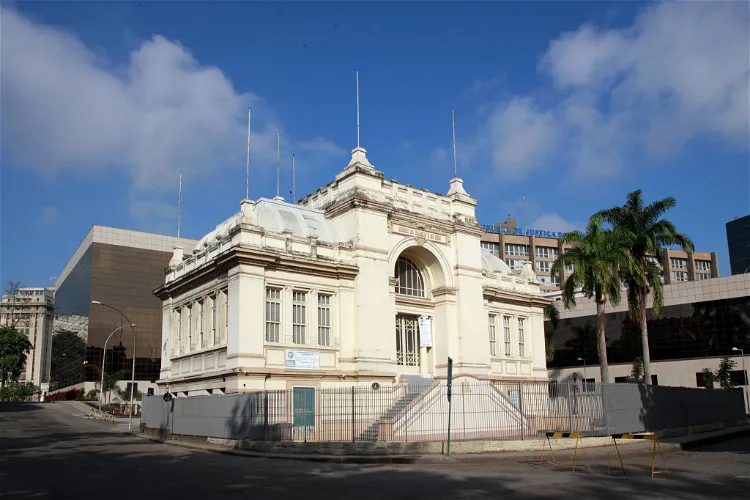
Rio de Janeiro Museum of Image and Sound
Rio de Janeiro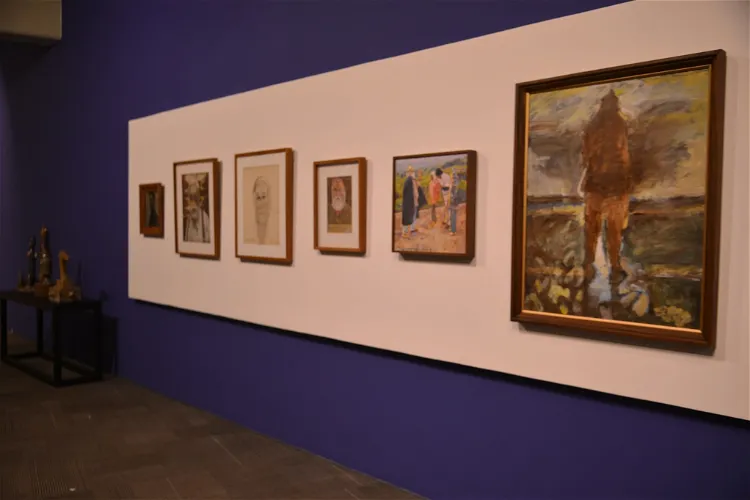
Caixa Cultural
Rio de Janeiro- 23
Municipal Art Center Hélio Oiticica
Rio de JaneiroThe Neo-Classical house holds a gallery devoted to Hélio Oiticica, an avantgarde artist who explored a variety of mediums. 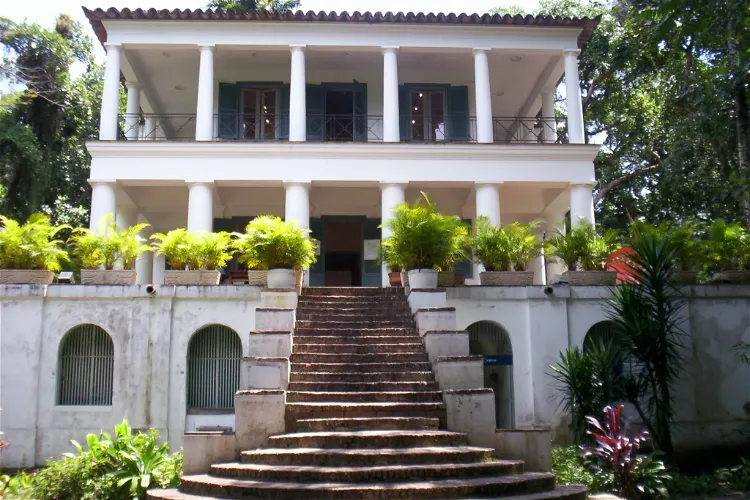
Solar Grandjean de Montigny
Rio de Janeiro
Museum of Astronomy and Related Sciences
Rio de JaneiroThe Museum of Astronomy and Related Sciences (MAST) is a public institution run by the Brazilian Government. It is dedicated to the study and dissemination of the history of science and technology in Brazil. The museum also focuses on museology and science education. It is located at 586 General Bruce Street in the Imperial District of São Cristóvão, in the North Zone of Rio de Janeiro.- 26
Museu do Meio Ambiente
Rio de Janeiro - 27
Centro de Referência do Artesanato Brasileiro - Sebrae
Rio de Janeiro - 28
Museu da Polícia Militar do Estado do Rio de Janeiro
Rio de JaneiroThe Museu da Polícia Militar do Estado do Rio de Janeiro is a thematic museum dedicated to the first military and official police force established in Brazil. This museum provides a unique insight into the history and evolution of the police force in Brazil, making it a fascinating destination for those interested in history, law enforcement, or military affairs.